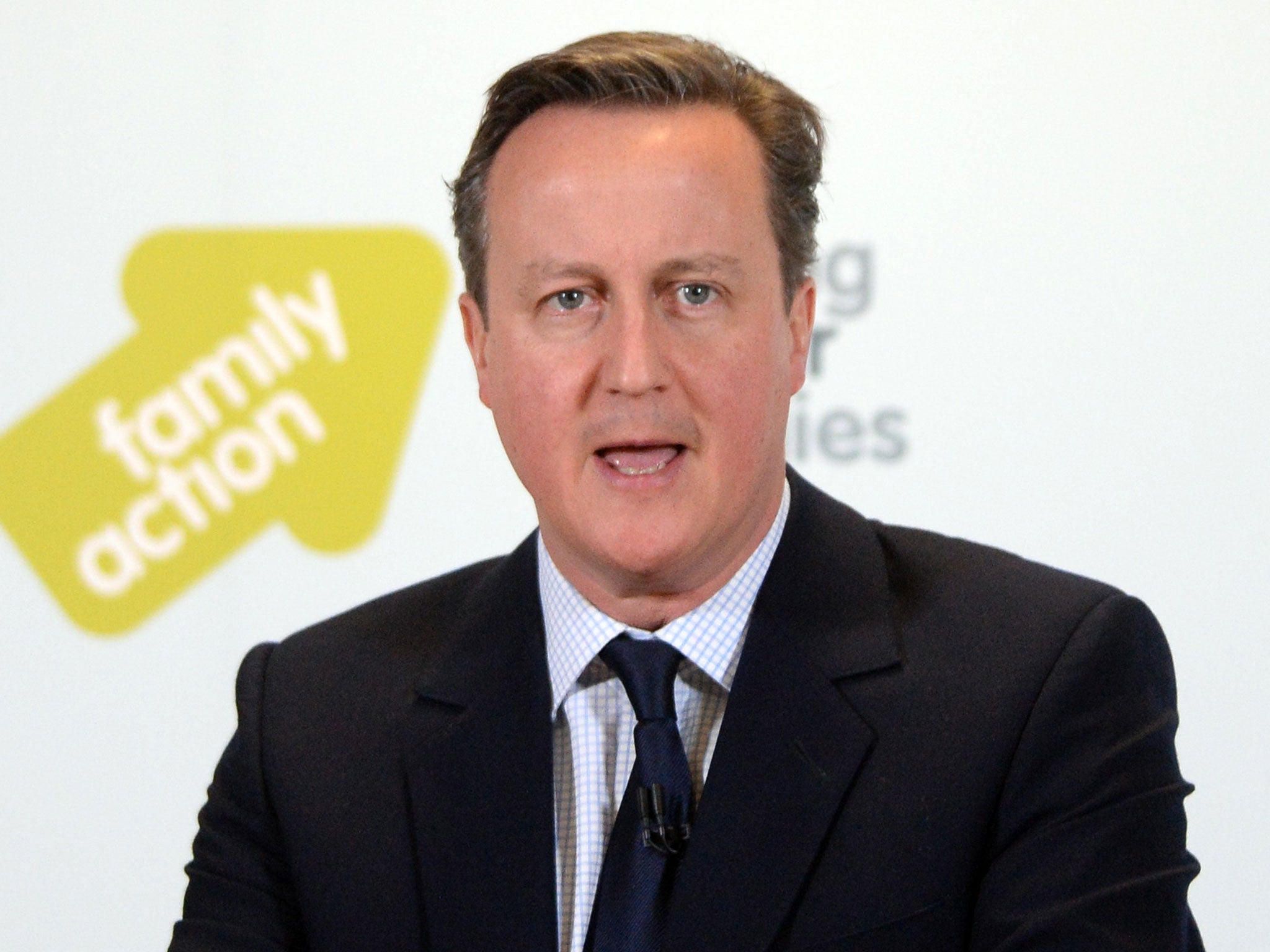Britain's top psychiatrist Simon Wessely challenges Government to ring-fence mental health spending
Exclusive: Letter says there is 'no end in sight' for patients if waiting times are not guaranteed

Your support helps us to tell the story
From reproductive rights to climate change to Big Tech, The Independent is on the ground when the story is developing. Whether it's investigating the financials of Elon Musk's pro-Trump PAC or producing our latest documentary, 'The A Word', which shines a light on the American women fighting for reproductive rights, we know how important it is to parse out the facts from the messaging.
At such a critical moment in US history, we need reporters on the ground. Your donation allows us to keep sending journalists to speak to both sides of the story.
The Independent is trusted by Americans across the entire political spectrum. And unlike many other quality news outlets, we choose not to lock Americans out of our reporting and analysis with paywalls. We believe quality journalism should be available to everyone, paid for by those who can afford it.
Your support makes all the difference.Britain’s top psychiatrist has challenged the Government to ring-fence spending for a comprehensive set of new waiting times targets that experts believe could finally achieve equality for mental health patients in the NHS.
Professor Sir Simon Wessely, president of the Royal College of Psychiatrists (RCPsych), said that claims from a former health minister that the new standards – the core recommendation of a recent landmark report – have no funding to back them up, were “crushingly disappointing”.
As revealed in The Independent, Norman Lamb, the Liberal Democrat’s health spokesperson who served as care minister in the Coalition government, has been told by senior NHS England officials that there is no guaranteed funding to implement a set of new waiting times standards for treatment of a wide range of mental health conditions by 2020.
Implementing waiting times standards in mental health – similar to those used to measure A&E performance, and treatment for cancer and other physical health conditions – will be vital to improving standards, and reversing trends that have seen funding diverted from mental health as NHS funding is squeezed, said Sir Simon and Greg Smith, RPscyh's policy analyst.
Writing in The Independent, they accuse the Government of failing to live up to previous pledges on mental health funding, and warn that do so again on waiting times standards “raises the bleak prospect of the disadvantages suffered by people with mental illness in the health system continuing without an end in sight”.
“Former Care Services Minister Norman Lamb’s revelation that NHS England have told him that these vital standards have no actual funding assigned to them is hugely significant, as if this correct then (barring a miracle) they are simply not going to happen in practice,” they write.
“This is crushingly disappointing. Giving people with mental health problems the same opportunities to access timely care would have ended years of discrimination and represented a significant step towards realising the Government’s stated ambition of achieving parity of esteem for mental health.”
Waiting times standards for treatment of some mental health conditions, demanded by the Lib Dems in the Coalition years, came into force last week – the first in the history of the NHS. However, they only cover anxiety and depression, and first episodes of psychosis.
In a report for the independent Mental Health Taskforce, Paul Farmer, chief executive of the Mind charity, set out a staged plan for similar standards for a wide range of treatments for other conditions to come into force by 2020.
The Government has accepted the recommendations of the report and pledged to spend £1bn more on mental health by 2020.
However, Mr Lamb has said that this money does not cover implementation of the new standards.
RPsych warn of the danger that, without the standards, money for mental health would continue to be siphoned off by healthcare commissioners to cover deficits elsewhere, citing the example of a Government pledge of £250m for children’s mental health – part of a £1.25bn due to last till 2020 – healthcare last year which, they say, “went ‘missing’”.
Despite rising demand, spending on adult mental health by NHS trusts has fallen by eight per cent since 2010, they write. Cuts have contributed to bed shortages, and a rise in the number of people suffering a mental health crisis being sent to “out of area” hospitals, sometimes hundreds of miles from home.
The current mental health minister Alistair Burt refuted RPsych’s claims and insisted the full £1.25bn for children’s mental health would be delivered.
On waiting times standards, he said: “Just this week, mental health waiting time and access standards have come into force for the first time in the history of the NHS, backed by £120 million.”
”We are going further and have increased funding for mental health to an estimated £11.7 billion and accepted the recommendations in the Independent Mental Health Taskforce backed by a further £1 billion by 2020.”
Join our commenting forum
Join thought-provoking conversations, follow other Independent readers and see their replies
Comments